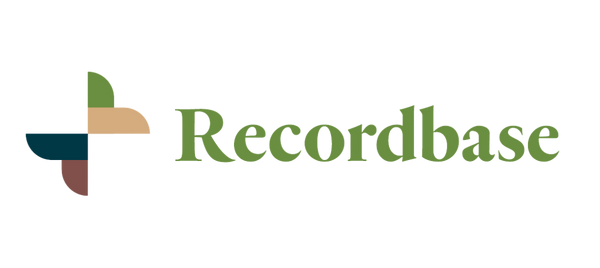
Staying safe online
We’ve pulled together some handy hints and tips to keep you cyber safe.
Cyber security can be a daunting topic. Your IT team will have a plan in place, but here are some handy tips designed to point you in the right direction.
1. Train your staff
One of the most common ways cyber criminals get access to your data is through your employees. They’ll send fraudulent emails impersonating someone in your organisation and will either ask for personal details or for access to certain files. Links often seem legitimate to an untrained eye and it’s easy to fall into the trap. This is why employee awareness is vital.
One of the most efficient ways to protect against cyber attacks and all types of data breaches is to train your employees on cyber attack prevention and inform them of current cyber attacks.
They need to:
Check links before clicking them
Check email addresses from the received email
Use common sense before sending sensitive information. If a request seems odd, it probably is. It’s better to check via a phone call with the person in question before actioning the “request”
2. Keep your software and systems fully up to date
Often cyber attacks happen because your systems or software aren’t fully up to date, leaving weaknesses. Hackers exploit these weaknesses so cybercriminals exploit these weaknesses to gain access to your network. Once they are in – it’s often too late to take preventative action.
To counteract this, it’s smart to invest in a patch management system that will manage all software and system updates, keeping your system resilient and up to date.
3. Ensure Endpoint Protection
Endpoint protection protects networks that are remotely bridged to devices. Mobile devices, tablets and laptops that are connected to corporate networks give access paths to security threats. These paths need protected with specific endpoint protection software.
4. Install a Firewall
There are so many different types of sophisticated data breaches and new ones surface every day and even make comebacks.
Putting your network behind a firewall is one of the most effective ways to defend yourself from any cyber attack. A firewall system will block any brute force attacks made on your network and/or systems before it can do any damage, something we can help you with.
5. Backup your data
In the event of a disaster (often a cyber attack) you must have your data backed up to avoid serious downtime, loss of data and serious financial loss.
6. Control access to your systems
Believe it or not, one of the attacks that you can receive on your systems can be physical, having control over who can access your network is really really important. Somebody can simply walk into your office or enterprise and plug in a USB key containing infected files into one of your computers allowing them access to your entire network or infect it.
It’s essential to control who has access to your computers. Having a perimeter security system installed is a very good way to stop cybercrime as much as break ins!
7. Wifi Security
Who doesn’t have a wifi enabled device in 2022? And that’s exactly the danger, any device can get infected by connecting to a network, if this infected device then connects to your business network your entire system is at serious risk.
Securing your wifi networks and hiding them is one of the safest things you can do for you systems. With developing more and more everyday there’s thousands of devices that can connect to your network and compromise you.
8. Employee personal accounts
Every employee needs their own login for every application and program. Several users connecting under the same credentials can put your business at risk.
Having separate logins for each staff member will help you reduce the number of attack fronts. Users only log in once each day and will only use their own set of logins. Greater security isn’t the only benefit, you’ll also get improved usability.
9. Access Management
One of the risks as a business owner and having employees is them installing software on business owned devices that could compromise your systems.
Having managed admin rights and blocking your staff installing or even accessing certain data on your network is beneficial to your security. It’s your business, protect it!
10. Passwords
Having the same password setup for everything can be dangerous. Once a hacker figures out your password, they now have access to everything in your system and any application you use.
Having different passwords setup for every application you use is a real benefit to your security, and changing them often will maintain a high level of protection against external and internal threats.
It can be difficult to know where to begin when it comes to protecting your business from cyber crime and cyber attacks. There’s so much information out there that it can become overwhelming, especially when the info is conflicting.
A good place to start is from a trusted source like CERTNZ.
Don't miss out on our latest news and upcoming events!
Be the first to learn about the latest Recordbase updates, upcoming webinars and in-person events, our latest initiatives and industry news. Sign up to receive Pūrongo the Wild Bamboo newsletter delivered straight to your inbox!
